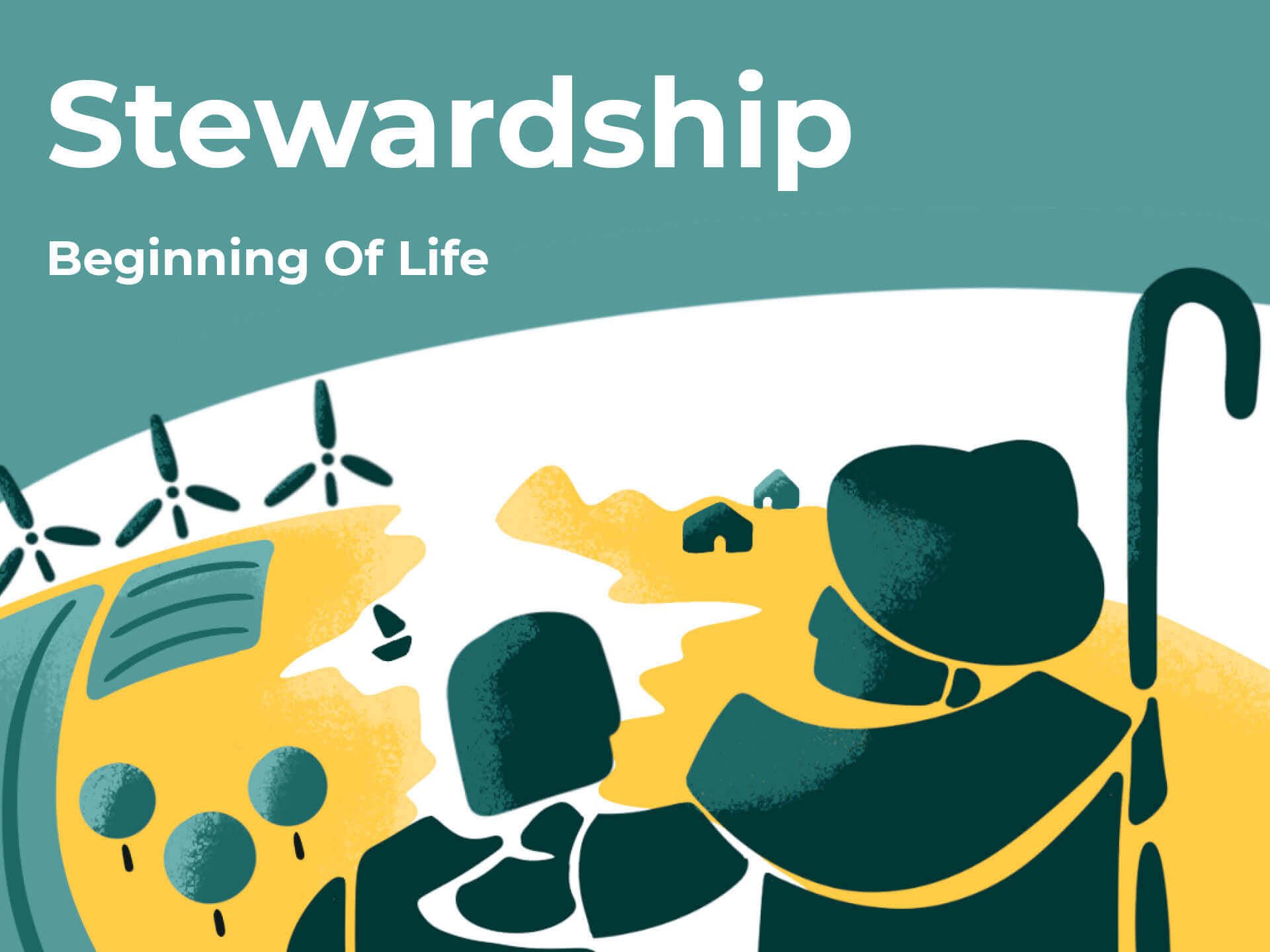The Body
About this series
This 11-part series will help us to understand and apply the Bible’s teaching on God’s plan for us to steward the gifts he has given us and therefore the type of people he is calling us to be in our day.
The entire message of the Bible reflects the statement in Psalm 24:1, “The earth is the Lord’s, and everything in it, the world, and all who live in it” (cf. Psalm 89:11). And yet we must balance that with the fact that God has also called mankind to steward his creation: “The highest heavens belong to the Lord, but the earth he has given to the human race” (Psalm 115:16) In making the distinction between God’s rule and our delegated rule, John Stott says, ‘Our possession of the earth is leasehold, therefore, not freehold. We are only tenants; God himself remains...the “landlord.”’
It’s also clear from the creation account in Genesis that mankind was specifically created to bear God’s image and to rule on his behalf over his creation:
Genesis 1:28: “God blessed them and said to them, ‘Be fruitful and increase in number; fill the earth and subdue it. Rule over the fish in the sea and the birds in the sky and over every living creature that moves on the ground.’”
William Edgar defines this mandate given to Adam: ‘The creation mandate is the on-going charge to humanity, in the power and blessing of God, to be fruitful, multiply, and fill the earth and to gently subdue and cultivate the earth.’ This mandate relates not only to the physical ‘earth’ but also to our physical selves, what we do with the resources God has given us and to the way we care for the rest of mankind.
About this talk
Scripture: 1 Corinthians 6:12-20
In a world where there is often division between spiritual and physical, the Christian faith affirms the value of both. Most of the modern, western world emphasises physical over spiritual - experiencing all the physical pleasure you can is what matters. In contrast, much of the eastern world has traditionally emphasised spiritual over physical, seeing the physical as unimportant, even illusory.
However, physical matter matters - which we see in God’s physical creation being repeatedly declared as “good” in Genesis 1. We also see this in Jesus taking on flesh and his resurrection to physical life, as we will be raised too. It is in a physical body and in the physical world that we see and experience the spiritual life of God - we are physical temples of the Holy Spirit (1 Corinthians 6).
The body is a remarkable thing, displaying the wisdom of an almighty creator. It could be helpful to give some physical facts about the body to illustrate this.
We will also want to address the twin errors that people can fall into with regard to the body:
Overvaluing the body: focussing on it more than we should, finding our identity in appearance, working too hard to shape it, etc.
Undervaluing the body: neglecting the physical gift God has given us, eating poorly, failing to exercise, etc.
We look at:
How can we steward the gift of our body, neither neglecting it or becoming enslaved to it, especially in our image-obsessed culture?
What help can we offer to those who suffer ill-health, whose body is a source of distress and frustration?
What does 1 Corinthians 6 teach us: “your bodies are temples of the Holy Spirit”?











God gives us reasons for working, without making it the reason. Work, then, becomes an avenue for using the creative opportunities God has given, to serve other people and to love him - all of which we do for his glory.